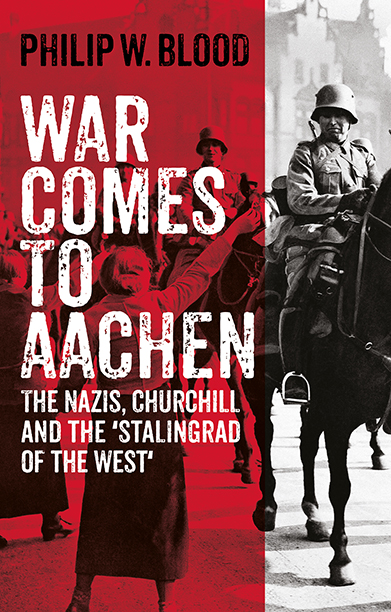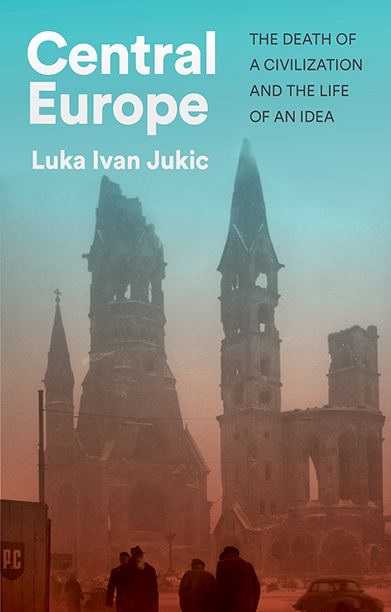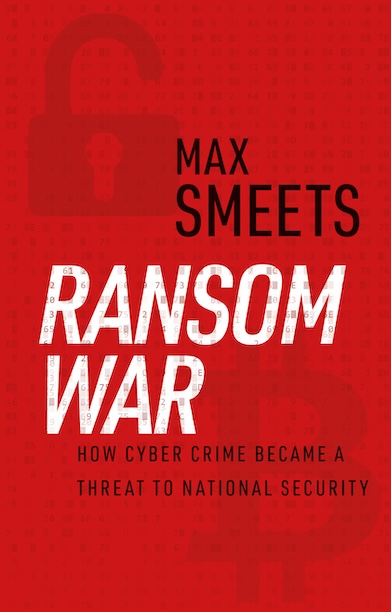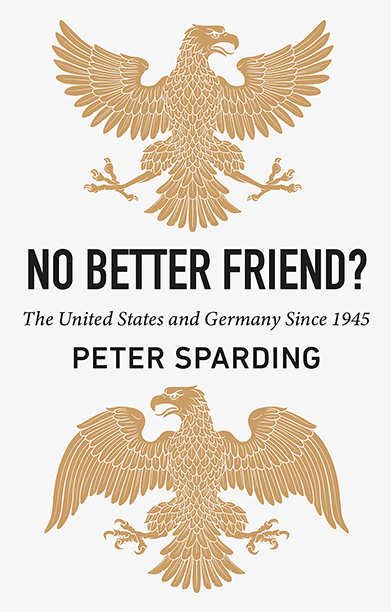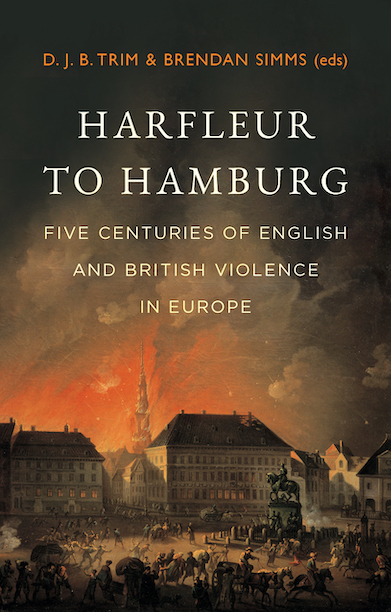War Comes to Aachen
The Nazis, Churchill and the ‘Stalingrad of the West’
A micro-history of ‘Charlemagne’s city’ in the First and Second World Wars, its inhabitants’ embrace of Nazism, and Churchill’s response.
Description
This book narrates the tumultuous era of total war through the fate of Aachen—Imperial Germany’s seat of power for 600 years, site of Charlemagne’s coronation as Holy Roman Emperor, and a place with greater geopolitical significance for Adolf Hitler in 1944 than Stalingrad in 1943.
This was a stark contrast with the events of the Great War: in 1918, the Imperial German Army had abandoned Aachen in a rout-like flight. In the Nazi period, however, Aachen became a major symbol of Germany’s defiance against the Allies. For Hitler—his mind warped after surviving the Stauffenberg bomb plot—Germany’s westernmost city became pivotal in his last-ditch defence of the ‘thousand-year Reich’.
War Comes to Aachen weaves together the city’s story from 1900, tracing its entrenched Catholic orthodoxy, its growth as an industrial urban centre, the demise of democracy, the rise of Nazism, the two world wars, and the Holocaust. The book surveys Churchill’s wartime leadership and the destruction of pre-war Aachen through the lenses of military history and the anthropology of aerial bombing. Philip W. Blood’s absorbing history concludes with Allied efforts to reshape German society after 1945, and with the use of remembrance as a means of socio-political control.
Reviews
‘A noteworthy achievement of research and investigation.[…] Most German cities have been the subjects of books centring on their role in the Third Reich. Blood’s War Comes to Aachen matches the very best of these, informed by his impressive background in Holocaust research. Highly recommended for readers wanting a deeper understanding of how and why Germany took the disastrous course that it did during the Hitler years.’ — Frederick Taylor, British novelist and historian
‘Blood traces the history of Aachen in the Weimar and Third Reich eras, from venal Nazis to Kristallnacht and the consequences of the Holocaust for the city’s Jews. […] “Total war in Europe unleashed a tidal wave of extreme violence, cultural destruction and genocide.” Aachen was at the vortex of it all, and its story reflects Germany in the twentieth century—in all its tragedy and complexity.’ — Alexandra Richie, Professor of History, Collegium Civitas, Warsaw
‘An excellent piece of research, analysing in minute detail the little-known story of Aachen’s fate at the end of World War Two, as the first major German city to be occupied by the Western Allies. Beyond the fierce fighting, war crimes and widespread destruction, Blood puts these events into a wider perspective on Nazi rule in Germany and the war’s character as a whole. This is an important contribution to the scholarship on twentieth-century history.’ — Stig Förster, Professor Emeritus, University of Bern
Author(s)
Philip W. Blood is a British military historian who lives in Aachen. His books include Birds of Prey: Hitler’s Luftwaffe, Ordinary Soldiers, and the Holocaust in Poland.
